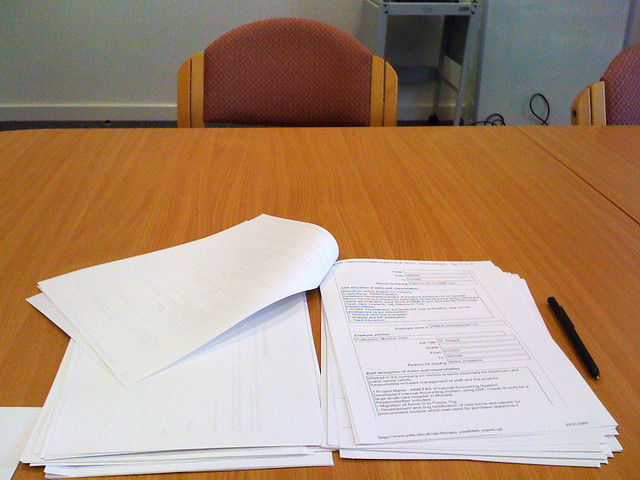Another session pitched by Andy Walsh, and another topic I'm very interested in. Andy said right at the start that he had lots of questions but no answers, which is how I feel a lot of the time! The discussion bounced around quite a few areas of mobile library services, from general points to specific examples and back again.
Questions
Questions
- Nowadays people rely on phones for reminders, meaning our memory is now in the cloud. Does this allow you more brain space to think rather than remember? Or just leave you with a terrible memory?
- Museums get a lot of downloads for their apps. Why?
-
When people ask questions using a library's app, where are they, what kind of questions do they ask compared to face-to-face/email? Users say they would ask library questions from their mobile while in the library but not outside - seems strange, but the library isn't somewhere they think about when they are not there.
- Apps vs mobile websites? Desktop.vs browser?
- Is it good to have a mobile technology strategy?
- How long should we spend thinking about and testing a new tool before launching it? Long procedures and checking means that when new tool appears it is out of date quickly, but untested apps can flop miserably.
- Should we be teaching users the best ways to use mobile tech/cloud services such as dropbox? Not just how to use tools but how to organise stuff so that it makes sense and how it can be useful? E.g. CPD23 is about learning with peers, exploring and sharing ways it can be used not just how to use it is more useful than being given a static lesson on "this is how to set up a blog".
-
Could we combine task apps with games? (See also my notes on Session 2: Games and Gamification)
Libraries are geared for people to be in a fixed location - but now we need to be wherever the person is at the time. However we're still in an office at a static desk so it is harder to explore mobile
tech with users. Embedded librarians and roving support (sometimes even with an iPad) are becoming more common but there is still often a fear that "away from desk" means "not
working".
Members of senior management often get given an iPhone, then do nothing with them, it would be a better investment to give them to librarians!
Members of senior management often get given an iPhone, then do nothing with them, it would be a better investment to give them to librarians!
Lots
of academic databases are providing their services in a mobile format now but students have
mixed feelings about them. Apps should be about making your life easier - tasks
like topping up printer card, finding classmarks etc. are useful to do
on a mobile, but reading articles and databases aren't necessarily
things you would want to do on a mobile. It shouldn't be just about the device but about
context/location.
The good
thing about mobile apps is the cleanness of their design, with all everything pared down and unnecessary stuff removed. Standard
websites could take hints! At the moment a lot of libraries aren't even
getting basics right like making the home page mobile friendly.
Things to look at:








